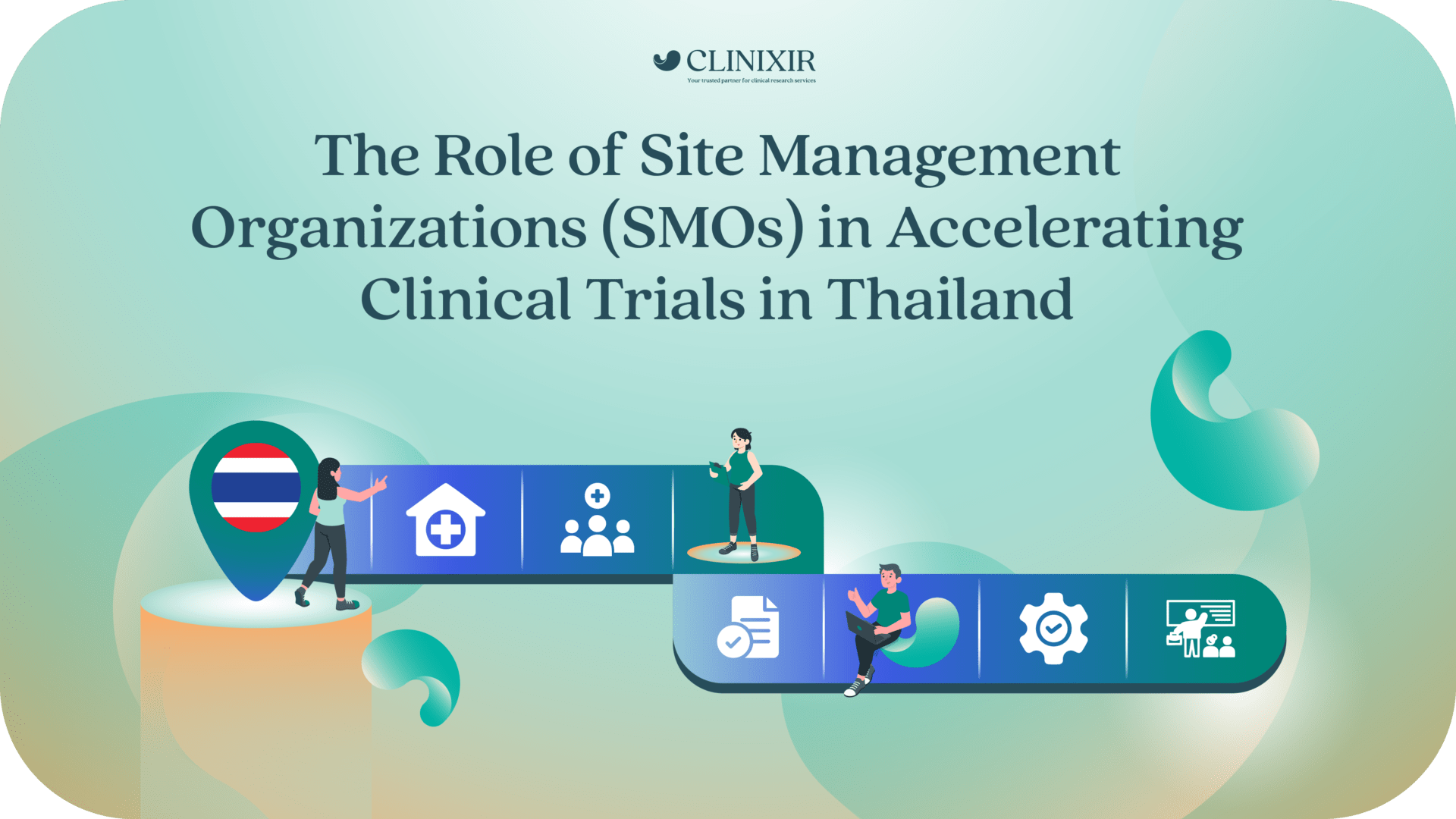The Ethical Standards for Clinical Research
Clinical research plays a vital role in the development of new drugs and medical devices. Yet negative media portrayals commonly sow distrust among people who are unfamiliar with the time-tested principles and guidelines that govern this research.
In such an environment, researchers must not only ensure their trials are ethically sound – but also remain transparent and forthcoming in their public communications. In this article, we will explore the many ethical procedures and assessments that researchers must uphold in order to begin, maintain, and complete a clinical trial. By raising awareness of these important ethical standards, we hope to strengthen public trust in this essential step toward medical innovation.
Extensive Preclinical Research
Before any clinical testing can take place, researchers must conduct extensive research in order to protect the health as well as the rights of their patients. Preclinical research is typically conducted in the laboratory prior to the establishment of trial sites. At this stage, researchers are tasked with discovering promising interventions that have the potential to become safe and effective forms of medical treatment.
After these proposed treatments are carefully analyzed and selected, further steps are taken to ensure patient safety in clinical trials. Before beginning any human trials, researchers first make use of the animal testing model to collect and assess initial findings. Preclinical research is an essential step for all clinical trials, as it enables researchers to fine-tune their treatments if necessary, providing an extra layer of safety for patients.
Research Governance
After successfully completing the preclinical research stage, researchers must then submit applications to governing bodies or institutions. In order for researchers to proceed onto human trials, they first must receive approval from clinical commissioning groups, the FDA, or another comparable regulatory agency. This vetting process, which is called research governance, serves to maintain high standards that improve research quality and safeguard the public.
Researchers need to ensure that their clinical trial complies with all the principles of Good Clinical Research Practice (GCP). These requirements include ensuring that each trial is “scientifically sound and guided by ethical principles,” and that all “clinical trials shall be conducted in accordance with the principles of the Declaration of Helsinki.” The Declaration of Helsinki is the World Medical Association’s best-known policy statement. The declaration states that clinical research involving human patients must be conducted only by individuals with the appropriate ethics, qualifications, and training.
Fair Subject Selection
Fair subject selection prevents researchers from abusing their data and knowledge to unfairly target “vulnerable” populations with risky research, or to favor “privileged” patients for positive results. Fair subject selection ensures that trials remain both balanced and ethical, while guaranteeing that participants are chosen without personal or demographic bias. Trials which are more varied and fair are less likely to result in significant distortions or errors.
Informed Consent From Participants
Clinical institutions and governing bodies require researchers to provide informed consent forms for all participants. Researchers must provide participants with full transparency about the study, including the purpose, procedures, risks, benefits, alternatives, requirements, and other related information. Participants are also given the opportunity to ask questions of the research teams, regarding any concerns they may have.
Once all questions have been answered and the relevant information has been provided, only then can participants make the voluntary decision to join the clinical study. This decision requires a hand-written consent form that all participants must sign before taking part in the study. Without this level of consent from every participant, researchers are not able to legally perform the clinical trial.
Appropriate Risk-Benefit Ratios
Risk measures the likelihood that participants will experience any kind of harm (physical, psychological, social, or economic) as a result of the clinical study. The concept of risk also takes into account whether this potential harm is likely to be minimal or substantial.
The purpose of a risk-benefit ratio is to compare the overall risk of a clinical study to its potential benefits. In each study, the expected benefit must always equal or exceed the risk. If the risk for any given trial turns out to be higher than the normal threshold, then the benefits must also be greater as well, in order to justify the physical, psychological, social, or economic harm that may befall the patients.
Trained Medical Professionals
One of the core GCP principles states that “each individual involved in conducting a trial shall be qualified by education, training and experience to perform his tasks.” To help mitigate any errors from occurring, all researchers involved in conducting the study must be professionals with the knowledge and experience necessary to make informed and ethical decisions for the benefit of each patient.
As ethics and safety are at the foundation of all clinical trials, researchers and their processes are constantly being checked by independent bodies to confirm adherence to the appropriate ethical guidelines.
From extensive preclinical research to regulatory approval and oversight, to fair subject selection, informed consent, appropriate risk-benefit ratios, qualified research personnel and more, clinical trials represent a safe and ethical path forward to essential medical innovation.
‘Safe and ethical’, however, rarely makes for a captivating headline in today’s 24-hour news and social media landscape – and so medical research companies and institutions must embrace clear, transparent, and proactive messaging practices in order to maintain a positive image in the public eye.
If your organization is looking to apply consistent ethical standards through clinical trials, consider partnering with us. By putting ethics and safety first, Clinixir’s professional research team can show you the way forward – and help you make the most of every opportunity. Contact us today to get started.
You May Also Like
These Related Stories

Clinixir and Burapha University Forge New Partnership to Elevate Clinical Research in Thailand

The Role of Site Management Organizations (SMOs) in Accelerating Clinical Trials in Thailand



